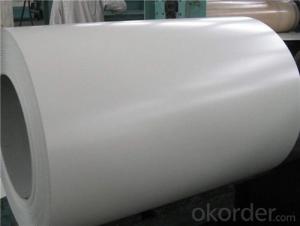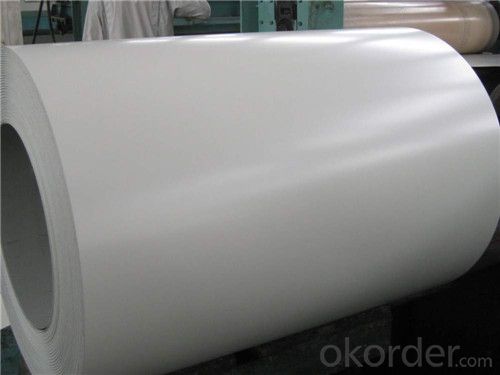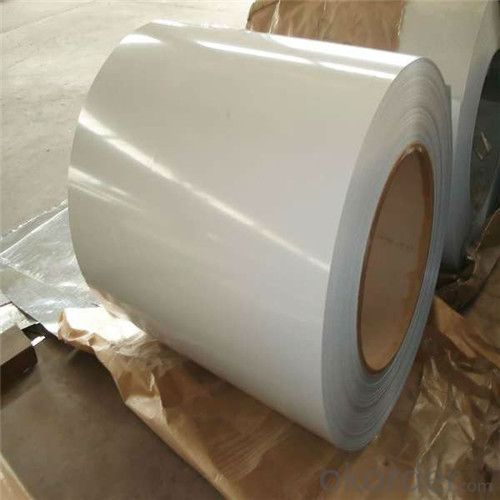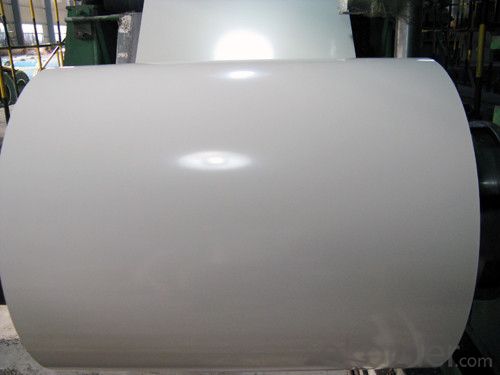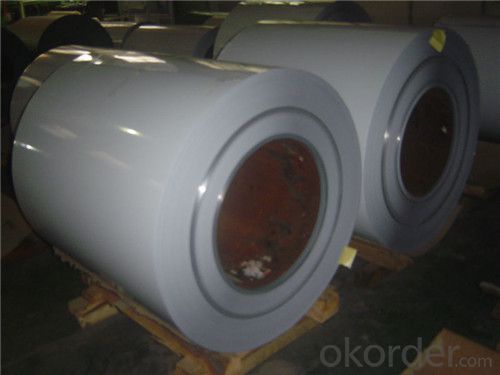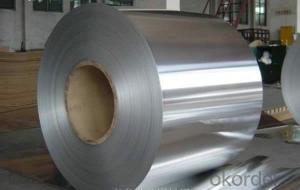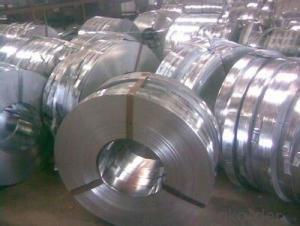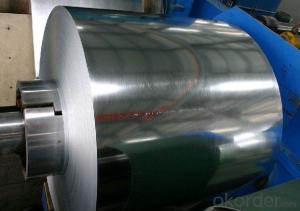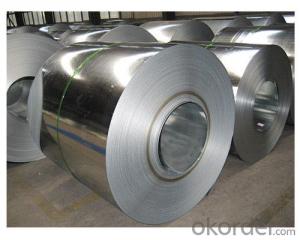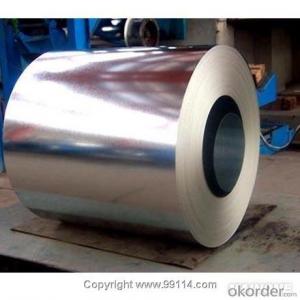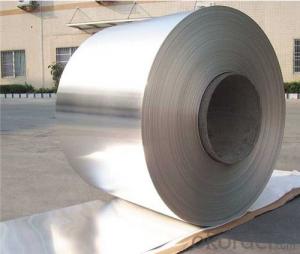Aluminum Zinc Rolled Coil for Construction Roof
- Loading Port:
- Shanghai
- Payment Terms:
- TT OR LC
- Min Order Qty:
- 25 m.t.
- Supply Capability:
- 30000 m.t./month
OKorder Service Pledge
OKorder Financial Service
You Might Also Like
Structure of Aluminum Zinc Rolled Coil
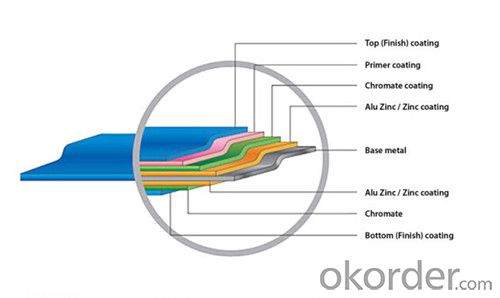
Description of Aluminum Zinc Rolled Coil
Standard | ASTM A653, JIS G3302,GB/T3830-2006 |
Grade | DX51D,SGCC,SPCC,SGHC |
Thickness | 0.18mm--1.2mm |
Width | 400-1250mm(usual size:914mm,1000mm,1200mm,1219mm,1250mm,) |
Base metal | Galvanized steel coils |
Zinc coating | 40-80gsm |
Coil ID | 508mm,610mm |
Coating thickness | Top:17-25um back:5-8um |
Color options | Ral number or as per your request |
Packing | 3 Layer Standard seaworthy export packing: Inside is kraft paper ,water plastic film in the middle Outside GI steel sheet to be covered by steel strips with lock inner coil sleeve. |
Main Feature of Aluminum Zinc Rolled Coil for Construction Roof
Corrosion resistance
Weather resistance
Long working life
Good formability
Applications of Aluminum Zinc Rolled Coil for Construction Roof
1. Construction and building: roofing; ventilating duct; handrail; partition panel;etc.
2. Electric appliance: refrigerator; washing machine; refrigerator; DVD;etc.
3.Transportation: oil tank; road sign; etc.
4.Agriculture:barn; etc.
5.Others:vending machine; game machine; etc.
Aluminum Zinc Rolled Coil Images for Construction Roof
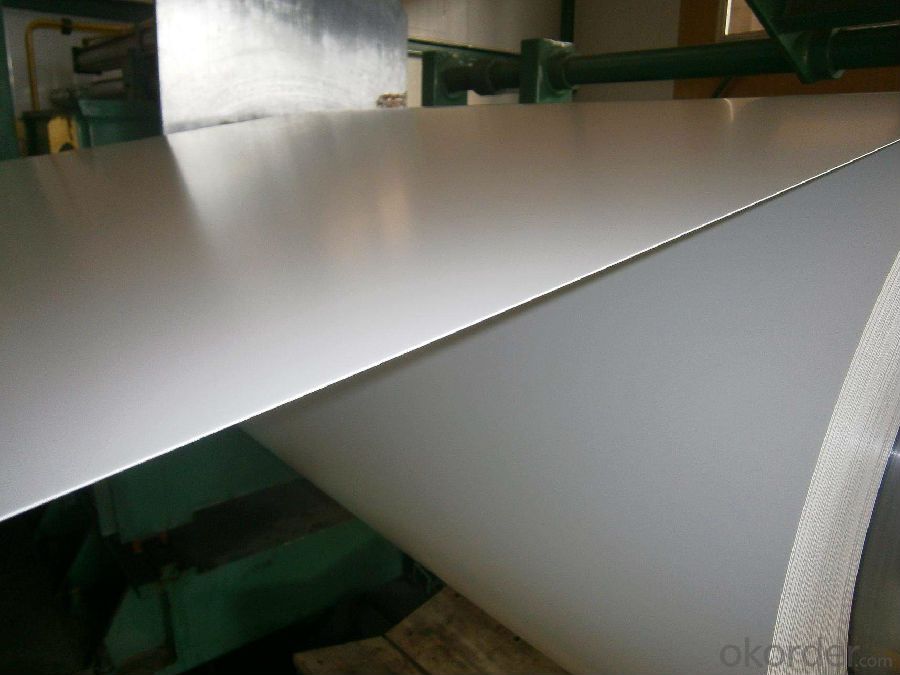
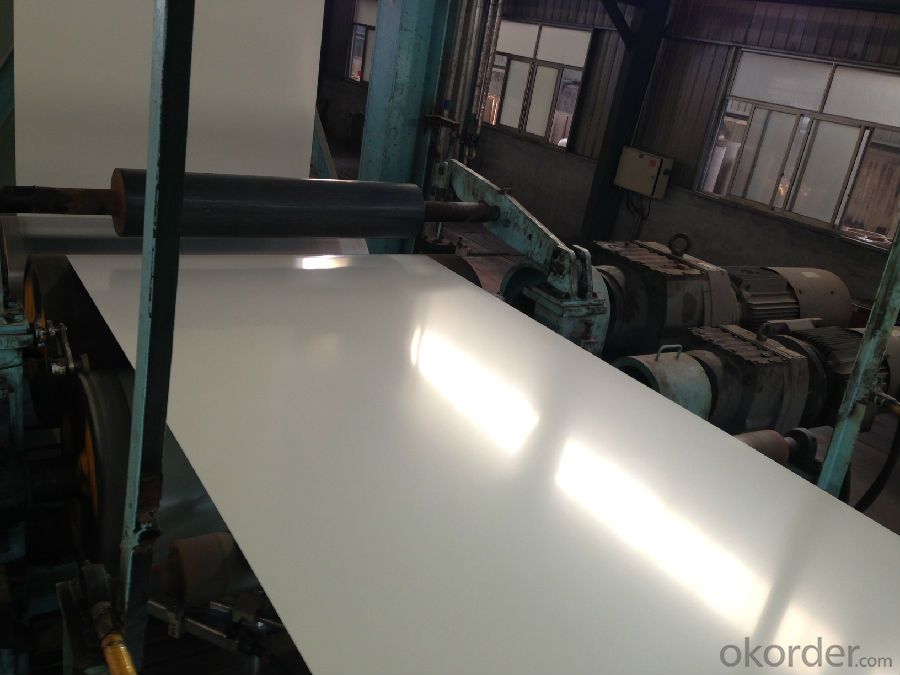
FAQ of Aluminum Zinc Rolled Coil for Construction Roof
We have organized several common questions for our clients,may help you sincerely:
1. What is the minimum order quantity ?
Our MOQ is 50mt for each size. And we will consider to give more discount if you make big order like 1000 tons and more. Further more, the more appropriate payment term your offer the better price we can provide.
2. How long can we receive the product after purchase?
Usually within thirty working days after receiving buyer’s advance payment or LC. We will arrange the factory manufacturing as soon as possible. The cargo readiness usually takes 15-25 days, but the shipment will depend on the vessel situation.
3. How to guarantee the quality of the products?
We have established the international advanced quality management system,every link from raw material to final product we have strict quality test;We resolutely put an end to unqualified products flowing into the market. At the same time, we will provide necessary follow-up service assurance.
- Q: What are the different methods of cutting steel coils?
- There are several different methods of cutting steel coils, including shearing, slitting, and laser cutting.
- Q: What bike companies make the best Steel Road bikes?
- steel bikes are now mostly custom and expensive colnago lemond are factory [expensive] though giant doesn;t make them that i know of wle.
- Q: What are the common methods of joining steel coils?
- The common methods of joining steel coils include welding, mechanical fastening (such as bolts or screws), and adhesive bonding.
- Q: What are the dimensions of steel coils used in the furniture industry?
- The dimensions of steel coils used in the furniture industry can vary depending on the specific application and requirements of the furniture manufacturer. However, typically, steel coils used in the furniture industry have dimensions ranging from 0.20mm to 3.00mm in thickness and 600mm to 2000mm in width. The length of the coils can also vary, but it is commonly around 1000mm to 3000mm. These dimensions allow for flexibility in shaping and forming the steel coils into various furniture components such as frames, springs, and structural supports.
- Q: what is the chemical process that makes steel harder when it is heated and cooled rapidly?what does the heating of it do to the atoms?what does the cooling of it do to the atoms?what makes tempered steel so strong compared to untempered steel?
- You can't temper all steels. Generally the material must be a high-carbon or tool steel. Different alloys temper differently, and tempering is usually done to get a specific set of characteristics, so you must know what you are working with and use the right methods and temperature. If you do it wrong, the material may be hard but too brittle for the purpose or have other issues. It can be simple, such as heating to a dull red, carbonizing the surface (use an acetylene rich flame until it blackens the surface) and oil quenching. Do that to a piece of tool steel (like a screwdriver) and it will case (surface) harden it to the point you can't scratch it with a file. Tempering changes the way the molecular structure in the metal is linked and oriented.
- Q: i have a computer chair where the metal part that attachs the top part to the bottom with wheels has cracked around half of the assembly. my dad said it might be able to be repaired with jb weld. can jb weld fix it? how strong is jb weld? is it as strong as steel?
- Not a chance. Stresses that are strong enough to crack solid steel would snap JB weld like a matchstick! JB is NOT a substitute for actual welding. Steel is more than 20 times stronger; or in other words, JB is 20 times weaker than the steel in your chair. JB is good for applications where the parts to be joined aren't constantly going to be under stress. For wood or plastics it works OK, for steel, not so much. Your best bet is to take the chair to a professional welding shop. If they want to charge you more than $15-$20; go somewhere else, they could weld that in less than a minute.
- Q: Can steel coils be customized in terms of size and thickness?
- Yes, steel coils can be customized in terms of size and thickness. Steel manufacturers have the capability to produce coils in various sizes and thicknesses to meet the specific requirements of customers. This allows for flexibility in applications and ensures that the steel coils can be tailored to suit different industries and projects.
- Q: How can I owe a Pre-engineered Steel Building?
- You just have to do small efforts for owing a steel building: Firstly you have to finalize a steel building company for construction work. After finalizing the steel building company, the next step is the paperwork - the agreements and contracts. Some steel building companies may also ask for a verbal approval for the factories to get the work started.
- Q: How are steel coils used in the manufacturing of suspension arms?
- Steel coils are used in the manufacturing of suspension arms as they provide the necessary strength and flexibility to absorb shocks and vibrations, ensuring a smooth ride. These coils, known as coil springs, are typically mounted between the suspension arm and the vehicle's chassis, supporting the weight of the vehicle and allowing for controlled movement and suspension travel. By compressing and expanding, steel coils help absorb the impact of bumps and uneven road surfaces, providing stability and improving overall handling and comfort.
- Q: so why shouldn't one use a steel cased 223 in an ar15?
- Steel cased ammo doesn't obturate (expand against the chamber walls) when fired as well as brass cased ammo does. This allows carbon to build on the chamber walls. Leading to failure to extract. But if you can get steel cased ammo for cheap, shoot it up! Just have a cleaning rod with when you shoot. If tapping the butt on the ground doesn't dislodge the spent case, push it out with the rod. Be sure to use a chamber brush when you clean your rifle after shooting steel cased ammo. I would never use steel cased ammo for defensive purposes in an AR however. The occasional failures to extract make it a bad idea. It's plinking ammo only.
Send your message to us
Aluminum Zinc Rolled Coil for Construction Roof
- Loading Port:
- Shanghai
- Payment Terms:
- TT OR LC
- Min Order Qty:
- 25 m.t.
- Supply Capability:
- 30000 m.t./month
OKorder Service Pledge
OKorder Financial Service
Similar products
Hot products
Hot Searches
Related keywords
